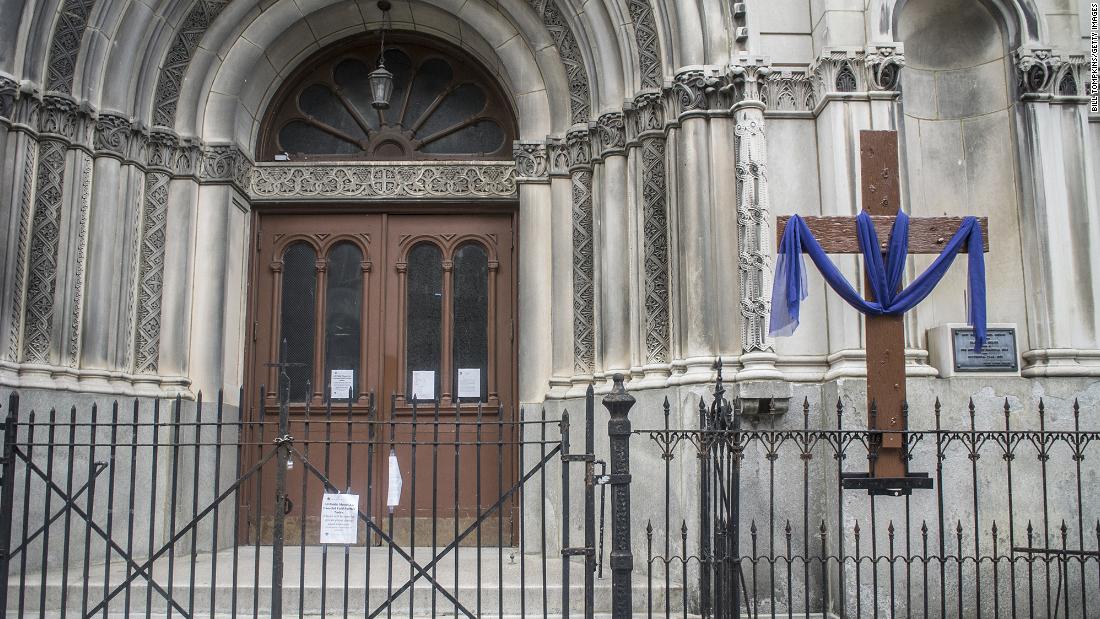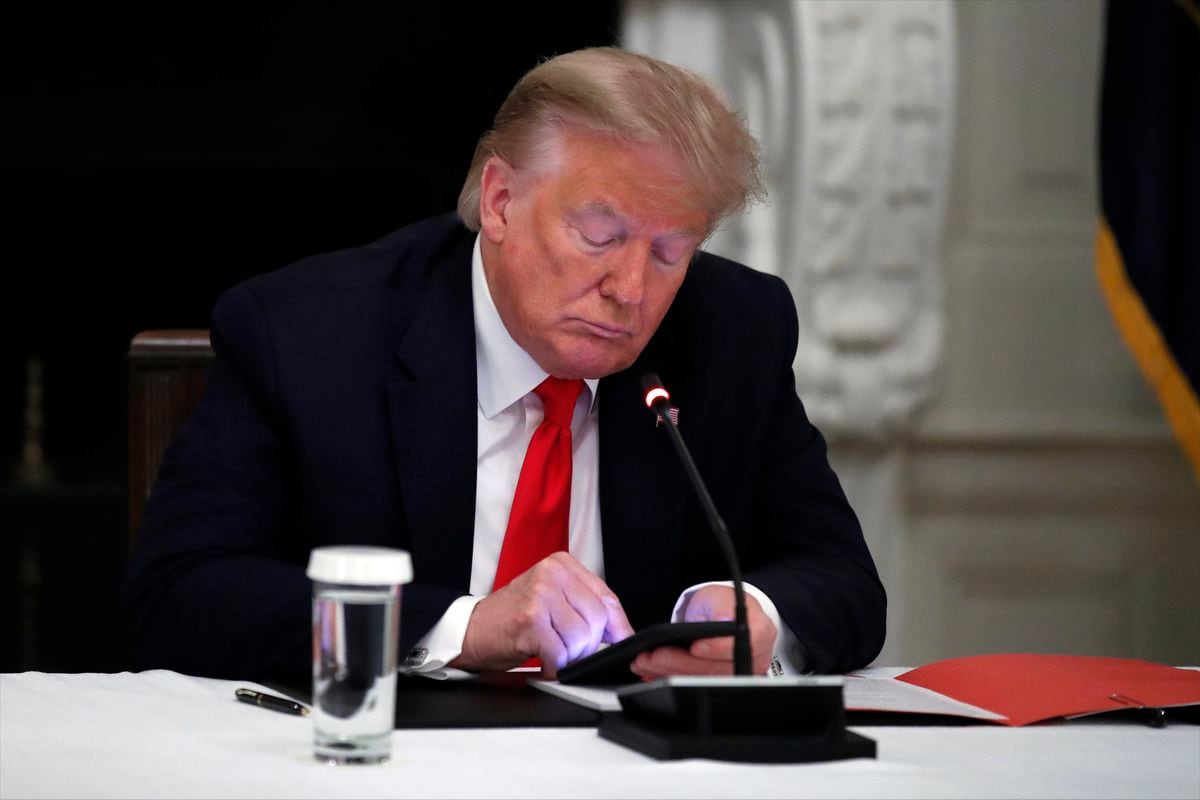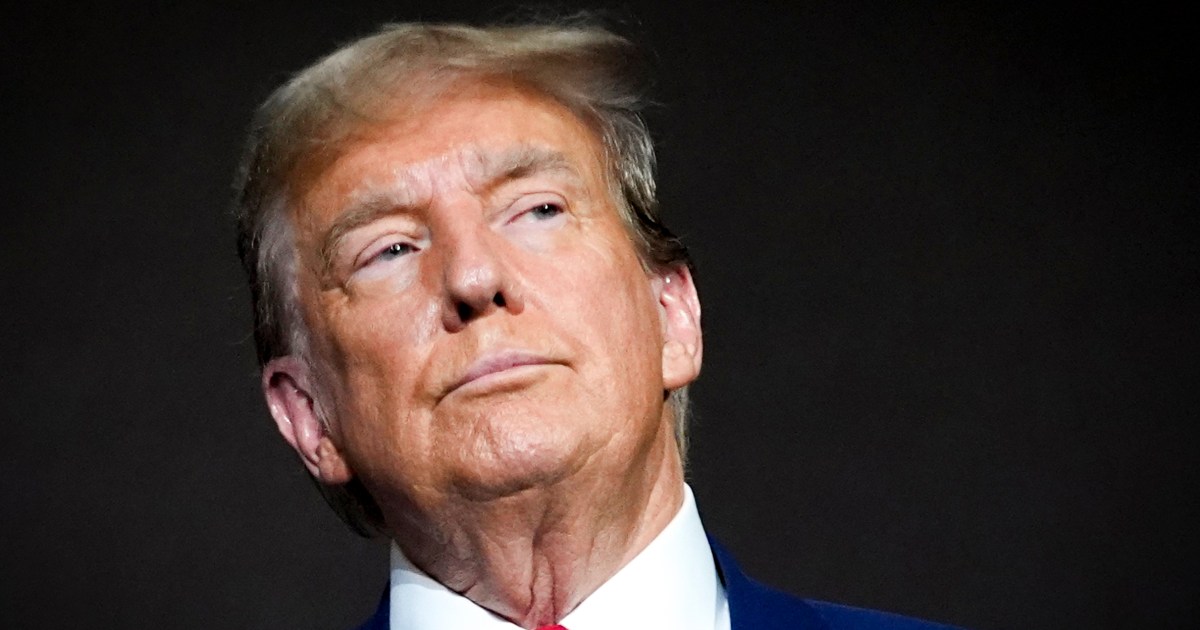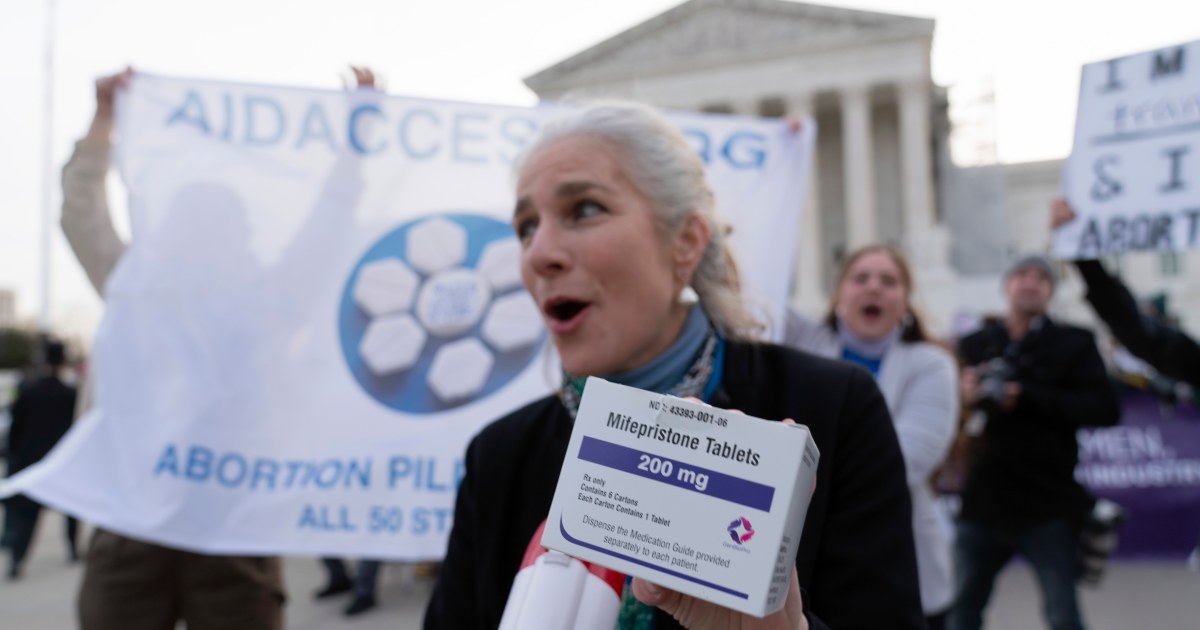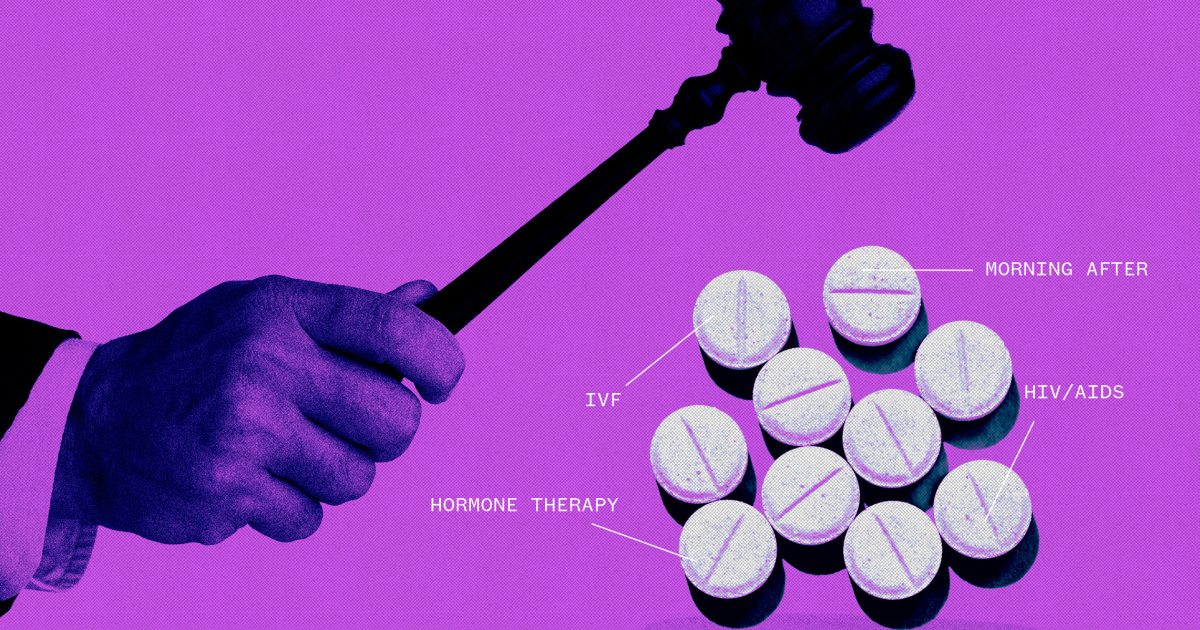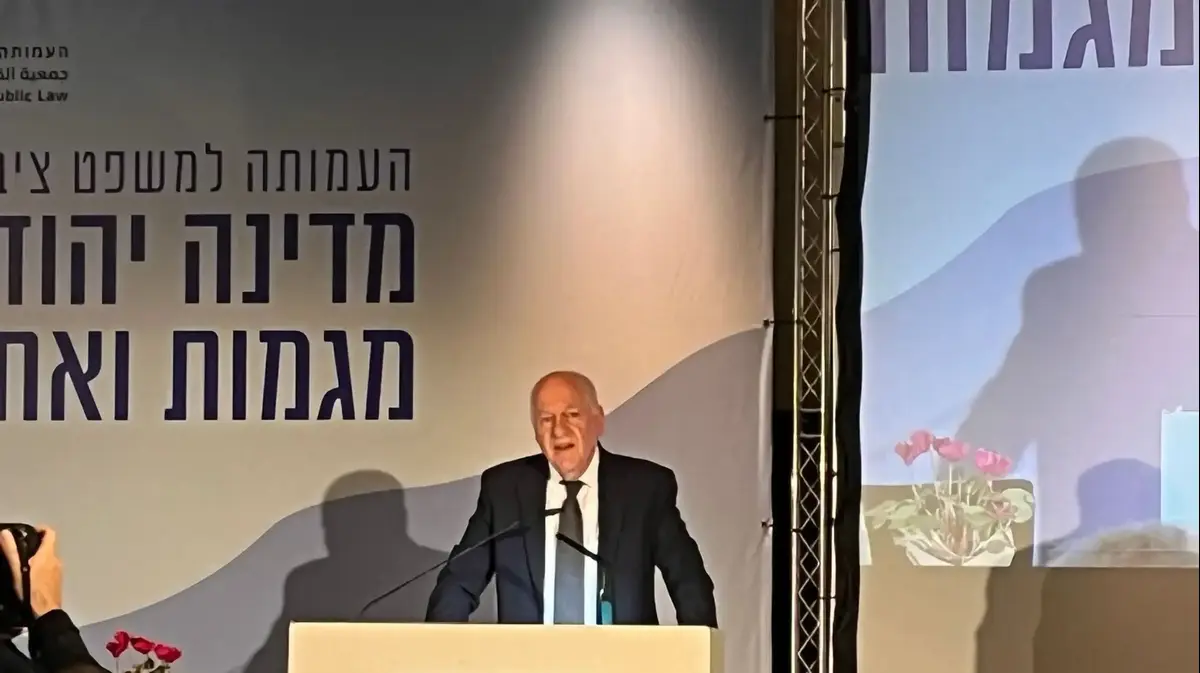New York restarts religious services 2:41
(CNN) -
In a 5-4 ruling, the United States Supreme Court sided with religious organizations in a dispute over health restrictions due to the covid-19 pandemic.
New York Governor Andrew Cuomo imposed these restrictions that limit the number of people who can attend churches.
The case is the latest confrontation by religious groups against municipal and state officials seeking to stop the spread of COVID-19.
And it highlights the impact of Judge Amy Coney Barrett on the Court.
The decision comes as coronavirus cases rise across the country.
In the last minute decision, Barrett sided with his conservative colleagues in the dispute.
The President of the Court, John Roberts, joined the three dissenting liberal justices.
The ruling underscores Barrett's impact on the Court, reflecting the court's shift to the right.
OPINION |
Priest: Mr. President, we don't need to open churches to practice our faith.
This will be the return to the churches in California 3:37
This past spring and summer, before the death of Judge Ruth Bader Ginsburg, the Court split 5-4 on similar cases in California and Nevada, with Roberts and the Liberals mostly on the house of worship side.
Barrett was confirmed in October to take over from Ginsburg.
Churches face "much more restrictive" regulations, according to ruling
The ruling, published just before midnight on Thanksgiving Eve, contains several separate opinions and unusually critical language.
advertising
In his main unsigned opinion, the majority ruled in favor of the Roman Catholic Diocese of Brooklyn and Agudath Israel of America.
He argued that the restrictions violated the free exercise clause of the First Amendment because the regulations treated houses of worship more harshly than comparable secular facilities.
Most said the regulations are "much more restrictive than any COVID-related regulations that have previously been presented to the Court, much stricter than those adopted by many other jurisdictions heavily affected by the pandemic, and much more severe than previously stated. It has been shown that it is necessary to prevent the spread of the virus ”in the religious services in question.
Pastors sue California governor over pandemic restrictions banning church gatherings
What will it be like to go to church after the covid-19 outbreak?
1:01
Attendance restrictions are divided geographically into areas classified as "red" or "orange" zones.
In court documents, Governor Cuomo's lawyers argued that the restrictions were necessary to help stop the spread of COVID-19.
They also said houses of worship were not being treated differently from similar secular businesses.
They added that while the dispute was pending, Cuomo had already lifted the restrictions that applied to the organizations.
"Not only is there no evidence that applicants contributed to the spread of COVID-19, but there are many other less restrictive rules that could be adopted to minimize the risk for those attending religious services," the Supreme Court held.
"The members of this Court are not experts in public health, and we must respect the judgment of those with special experience and responsibility in this area," said the Court.
"But even in a pandemic, the Constitution cannot be set aside and forgotten."
Lower courts ruled in favor of Coumo
The court said that even though Cuomo had lifted some restrictions, houses of worship "remain under constant threat."
This is because restrictions can always be reset.
The lower courts had sided with Cuomo.
Attorneys for the diocese had told magistrates in court documents that "the pandemic alone cannot justify overly broad and disproportionate closure orders of indefinite duration directed at all places of worship, which would otherwise be clearly considered to be they violate the Constitution.
And lawyers for Agudath Israel of America said the governor has specifically targeted Orthodox Jews who have "violated his previous rules."
"The governor's religious association guilty restrictions have made it impossible for applicants and their members to exercise their religious faith," they argued.
6 opinions on the Court's ruling on the churches
In all, the nightly ruling consisted of six different opinions.
Judge Neil Gorsuch wrote his own concurrence, without any other judge, to explain his vote.
He said other businesses, such as bicycle repair shops, had no similar restrictions.
"So, at least according to the governor, it may not be safe to go to church, but it's always okay to buy another bottle of wine" or "buy a new bicycle," Gorsuch wrote.
He criticized the rationale for a decision, written by Roberts in May, rejecting a request from a church in California to block limitations on the number of people who could attend religious services during the pandemic.
Gorsuch said the court precedent Roberts cited in that decision "hardly supports removing the Constitution during a pandemic."
Judge Roberts opinion
For his part, Roberts said he disagreed because while "such restrictions may violate the free exercise clause," Cuomo had revised the restrictions after the religious organizations filed their lawsuit.
"It is an important matter to overturn determinations made by public health officials regarding what is necessary for public safety in the midst of a deadly pandemic," Roberts wrote, saying houses of worship could have returned to court. if Cuomo had reversed himself.
But Roberts, who often works to keep the court out of the political fray and divisive atmosphere that has dominated the other branches of government, spoke harshly for Gorsuch's criticism of dissent's reasoning.
"They just see the matter differently after careful study and analysis that reflects their best efforts to fulfill their responsibility under the Constitution," he said.
He also deliberately defended his own reasoning in the May case.
Judge Stephen Breyer, along with Judges Elena Kagan and Sonia Sotomayor, said the regulations were designed to "combat the rapid - and, in many cases, fatal - spread of the covid-19 virus," and that they allowed the governor to identify focal points where the virus had shot.
Breyer highlighted the shocking statistics about the virus that has infected more than 12 million Americans and is currently on the rise.
"The Constitution primarily entrusts the safety and health of the people to politically responsible state officials," Breyer wrote.
covid-19

